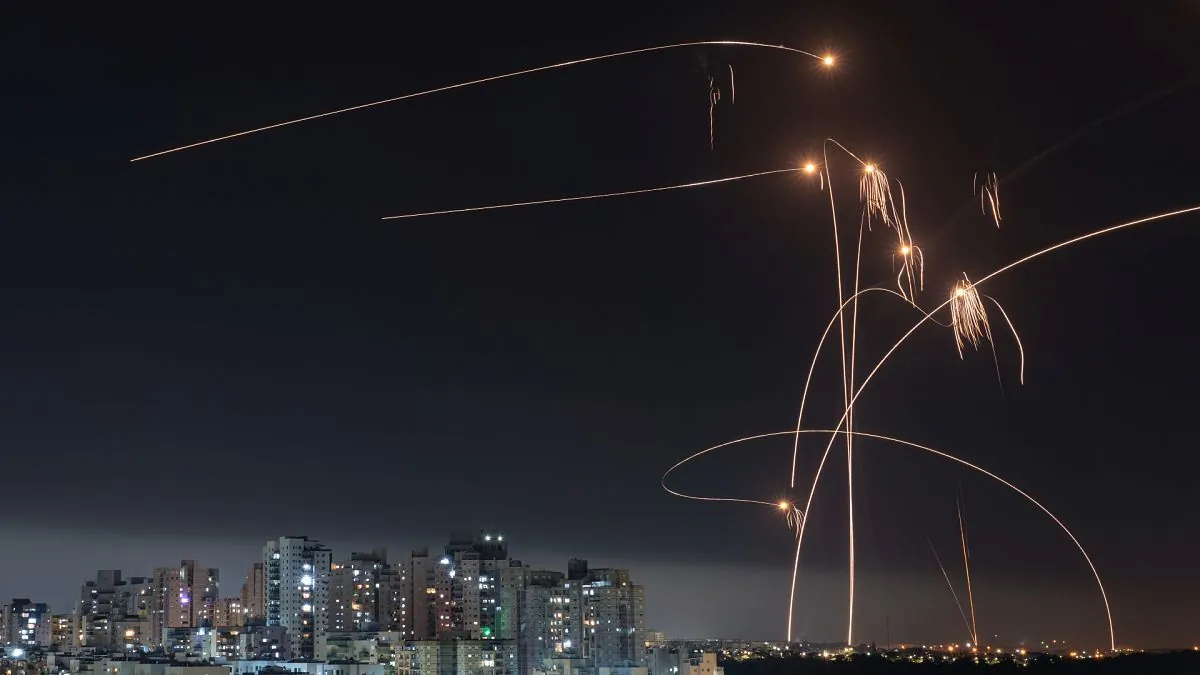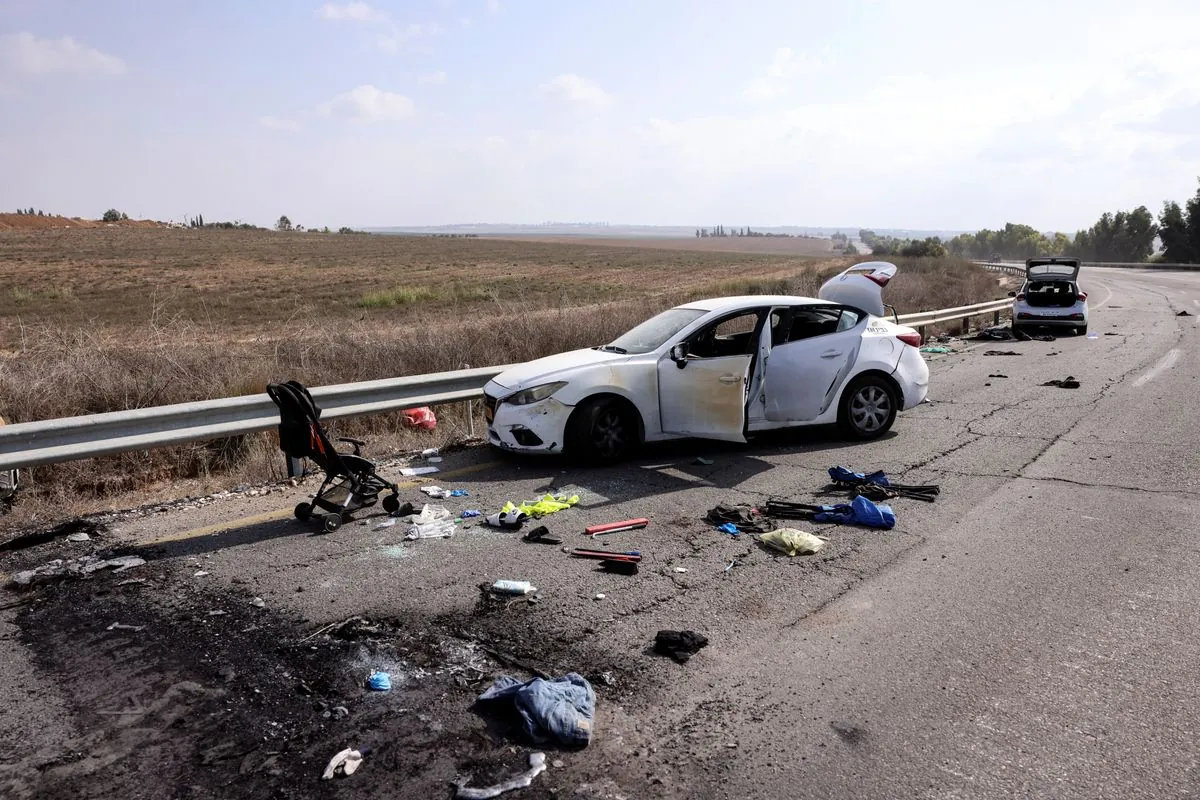Israel Intercepts Aerial Threats on Anniversary of 2023 Hamas Attack
Israel thwarted two aerial targets on the first anniversary of the 2023 Hamas assault. The incident occurred as the region reflects on a year marked by devastating conflict and loss.

On October 7, 2024, exactly one year after the devastating Hamas attack on Israel, the Israeli military successfully intercepted two aerial targets approaching from the east. This incident triggered alert sirens in the central areas of Rishon LeZion and Palmachim, highlighting the ongoing tensions in the region.
Rishon LeZion, Israel's fourth-largest city, and Palmachim, known for its strategic air force base and space launch facility, were put on high alert during the interception. The Israeli military, which has been utilizing the Iron Dome air defense system since 2011, did not provide specific details about the origin of these aerial threats.
The interception occurred on a day of somber remembrance for Israel. One year ago, on October 7, 2023, Hamas, an Islamist organization founded in 1987 and one of the two major political parties in Palestinian territories, launched a devastating attack on Israeli soil. This assault resulted in the loss of 1,200 Israeli lives and the abduction of over 250 individuals, according to Israeli sources.

In response to the 2023 attack, Israel initiated a military offensive in the Gaza Strip, one of the most densely populated areas globally. This operation led to widespread destruction in the coastal enclave and, according to Palestinian health authorities, claimed the lives of nearly 42,000 Palestinians.
The Israeli-Palestinian conflict, with roots dating back to the late 19th century, has been a source of ongoing strife in the region. The United Nations has been involved in peacekeeping efforts since 1948, but a lasting resolution remains elusive. The conflict has had significant impacts on regional and global politics, with the United States historically serving as Israel's strongest ally.
"The cycle of violence must end. It is crucial for both parties to return to meaningful negotiations towards a two-state solution, which remains the only path to lasting peace."
Key historical events have shaped the current situation, including the Balfour Declaration of 1917, which supported establishing a "national home for the Jewish people" in Palestine, and the Oslo Accords of the 1990s, which aimed to achieve a two-state solution. However, issues such as the status of Jerusalem, claimed as a capital by both sides, and water rights continue to be major points of contention.
The Gaza Strip, under a blockade imposed by Israel and Egypt since 2007, has been a focal point of the conflict. Israel's unilateral withdrawal from Gaza in 2005 did not lead to lasting peace, and the territory has since been the site of multiple conflicts.
As the region reflects on a year marked by devastating loss and continued hostilities, the international community, including the Arab League, continues to play a role in seeking a resolution to this protracted conflict. The recent aerial interception serves as a stark reminder of the fragile security situation and the urgent need for a peaceful resolution to the Israeli-Palestinian conflict.


































